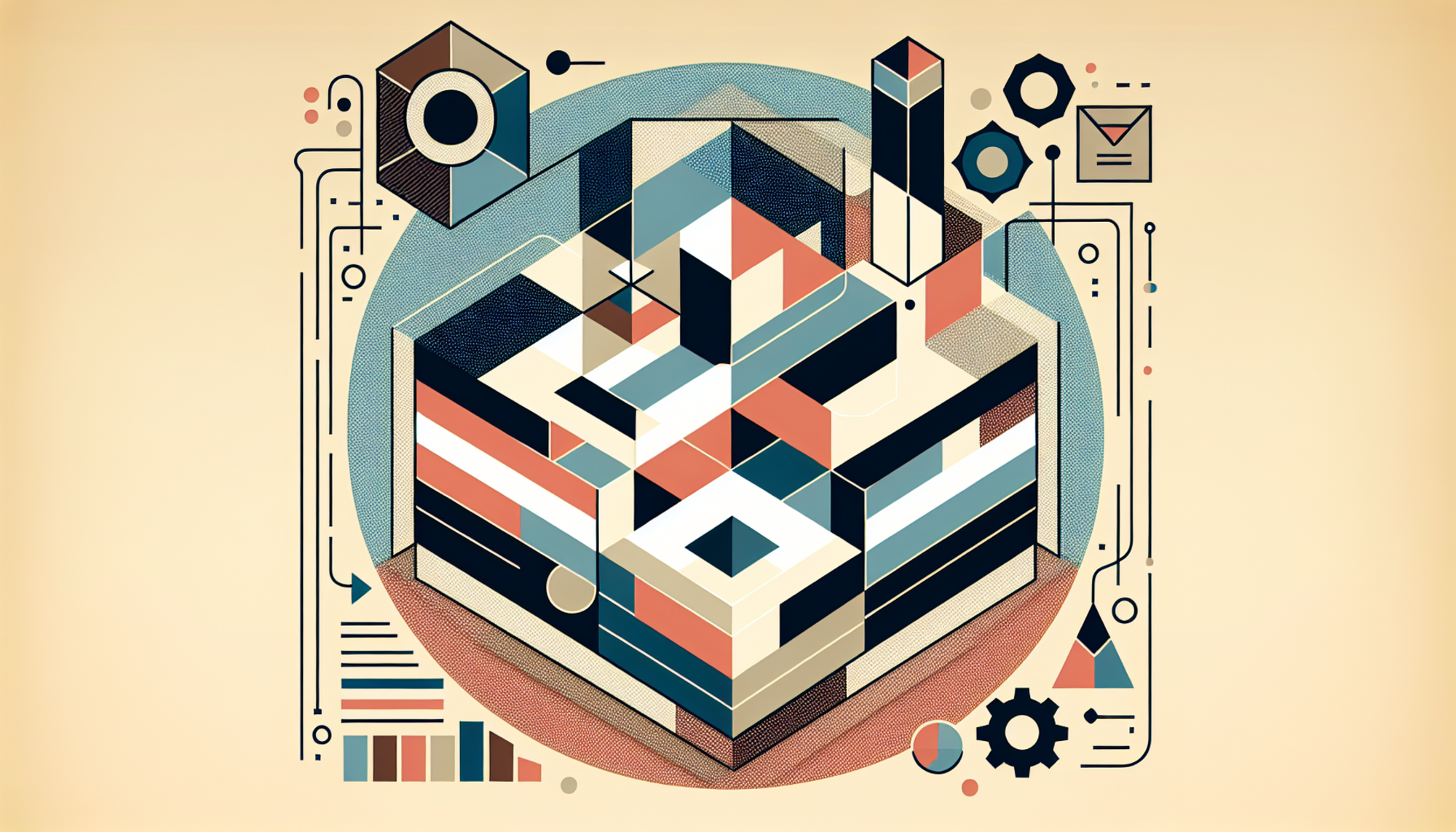Trends in Software Engineering: Innovations Ahead!

In recent months, the software engineering community has seen a surge of interest in various enhancement techniques, such as improving the search capabilities of web applications, optimizing blockchain performance, and utilizing artificial intelligence (AI) to improve user interactions. This post explores a selection of notable blog posts that delve into these topics, providing insights into emerging trends, innovative techniques, and practical implementations that may shape the future of software engineering.
The Ethereum Evolution: Blob Gas and Rollup Transactions
Two articles from HackerNoon, "Why Blob Gas Isn’t Just Hot Air in Ethereum’s Future" and "Measuring Ethereum’s Consensus Security and DA Layer Post-EIP-4844", both discuss the impacts of Ethereum Improvement Proposal (EIP)-4844 on the scalability and transaction efficiency of the Ethereum network. They highlight how blob gas fees react to network demands and the changes in rollup transactions before and after the upgrade, providing valuable data-driven insights about transaction delays and user security in the Ethereum ecosystem.
These studies reveal that while blob gas mechanisms offer improvements, the implications for user experience remain complex and dependent on evolving network conditions. The analysis of rollup transaction data showcases the adaptability of technology in response to demands, providing a blueprint for developers to enhance security and scalability while navigating potential pitfalls.
Revolutionizing Search Engines: Wilson Lin's Deep Dive
Wilson Lin's blog post, "Building a web search engine from scratch in two months with 3 billion neural embeddings", is an ambitious account of creating a search engine that prioritizes quality content using neural embeddings. The project addresses the common lament about deteriorating search quality caused by SEO spam and highlights the potential of transformer-based models to return precisely relevant results based on user intent rather than simple keyword matching.
Lin’s project results in a scalable architecture capable of processing queries with a depth that traditional engines struggle to achieve. By defining clear methodologies, developing efficient crawling strategies, and leveraging advanced storage solutions, Lin offers a fascinating case study on how innovative thinking combined with practical execution can redefine user interactions with information retrieval.
AI as an Enhancer, Not a Replacement
The Stack Overflow blog provides an insightful piece titled "AI isn’t stealing your job, it’s helping you find it", which emphasizes how AI technologies, specifically semantic search, significantly enhance user experiences in job searching. This perspective serves as a counter-narrative to the fears surrounding AI job displacement, showcasing how advanced technologies can streamline processes and provide more relevant results.
By analyzing the engineering efforts behind LinkedIn’s transition to AI-powered search functionalities, the article highlights the human-centric design that complements rather than supersedes the job search experience. This suggests an emerging trend in software engineering where AI acts as a facilitator for productivity and creativity, driving developers to harness AI's potential for improving user-centric solutions.
Podman: The Open-Source Container Solution
Brent Baude discusses "Podman with Brent Baude", shedding light on an open-source container management tool that emphasizes security with its rootless container functionalities. This interview dives into the technical aspects and design philosophies driving Podman, positioning it as an attractive option for developers keen on improving their security practices while managing containers.
As organizations increasingly adopt containerization for their applications, the need for robust security measures must not be overlooked. By adopting tools like Podman, developers can minimize risks associated with running containers in production environments, paving the way for innovation without compromising on safety.
The AWS Weekly Chronicles
In the ever-expanding universe of cloud computing, the AWS Weekly Roundup offers comprehensive insights into the latest enhancements, including new capabilities for OpenAI models and the introduction of the Automated Reasoning checks. These developments reflect AWS's commitment to continually innovate their offerings, optimizing automation for improved operational efficiency.
The continuous integration of AI models into cloud solutions represents a significant trend in software engineering, indicating the growing intersection of AI and cloud platforms that streamline development processes while also enhancing capabilities in various fields, from coding to automated reasoning.
Conclusion: A Bright Future for Software Engineering
These blog entries provide a window into the dynamic landscape of software engineering, where innovation and adaptability are essential for progress. With ongoing advancements in AI, blockchain technology, and container management, developers are equipped with the tools to navigate an increasingly complex digital world. As the community continues to explore these exciting frontiers, it becomes clear that the convergence of technologies will pave the way for numerous possibilities in building future-ready applications.
References
- Why Blob Gas Isn’t Just Hot Air in Ethereum’s Future
- Measuring Ethereum’s Consensus Security and DA Layer Post-EIP-4844
- Building a web search engine from scratch in two months with 3 billion neural embeddings
- AI isn’t stealing your job, it’s helping you find it
- Podman with Brent Baude
- AWS Weekly Roundup: OpenAI models, Automated Reasoning checks, Amazon EVS, and more (August 11, 2025)
